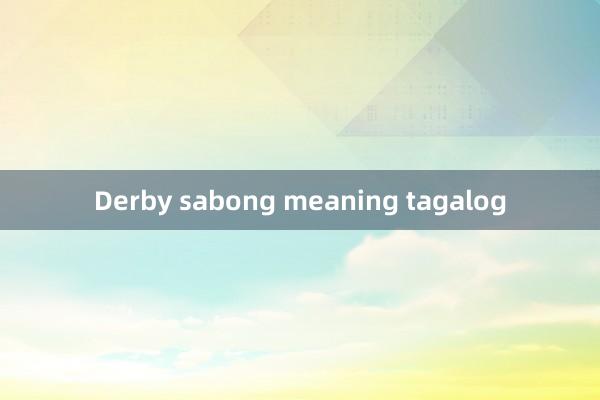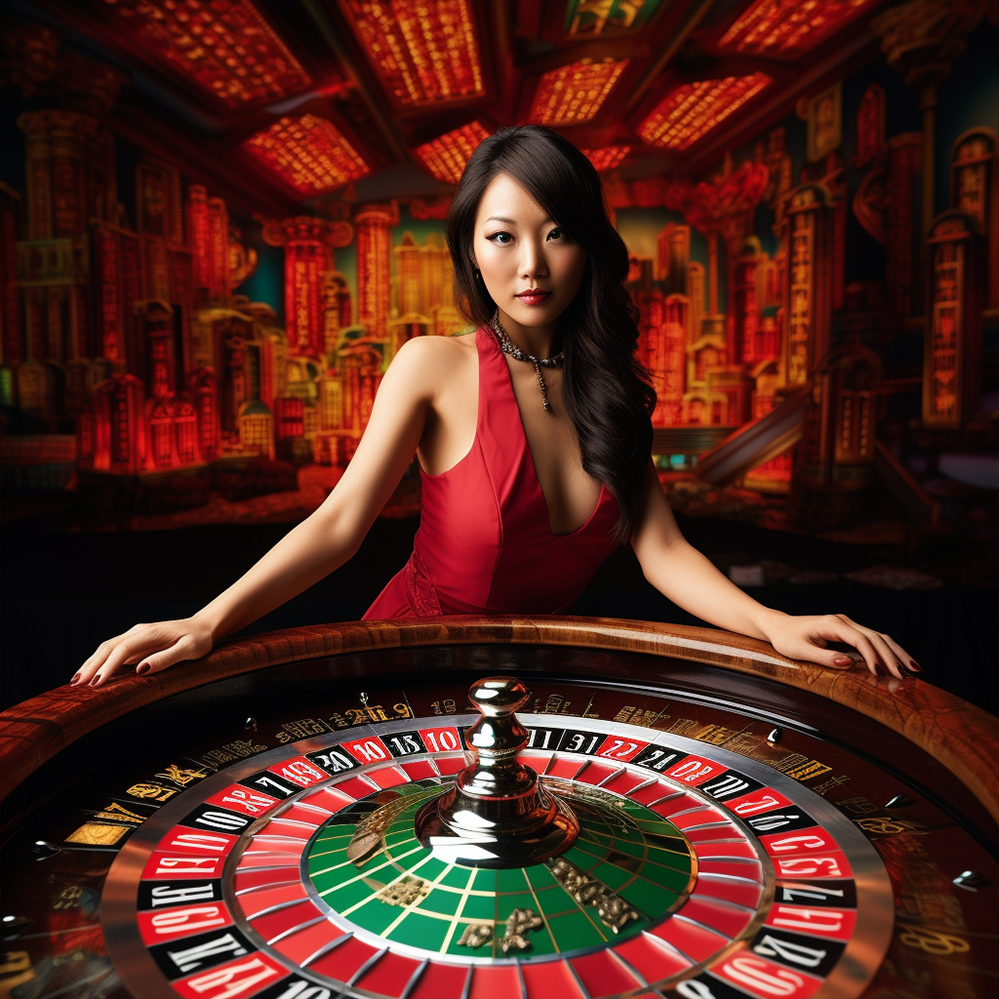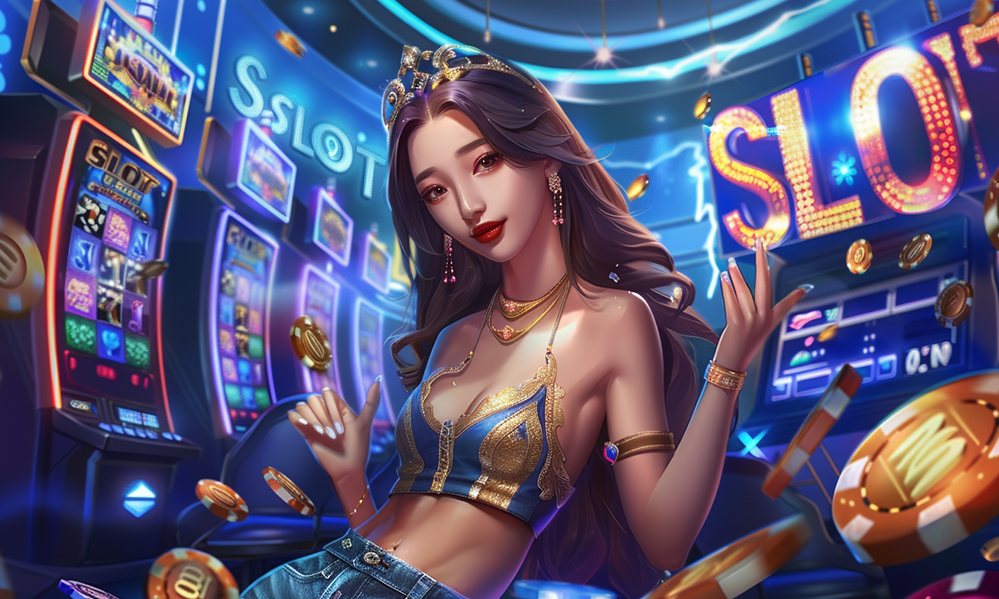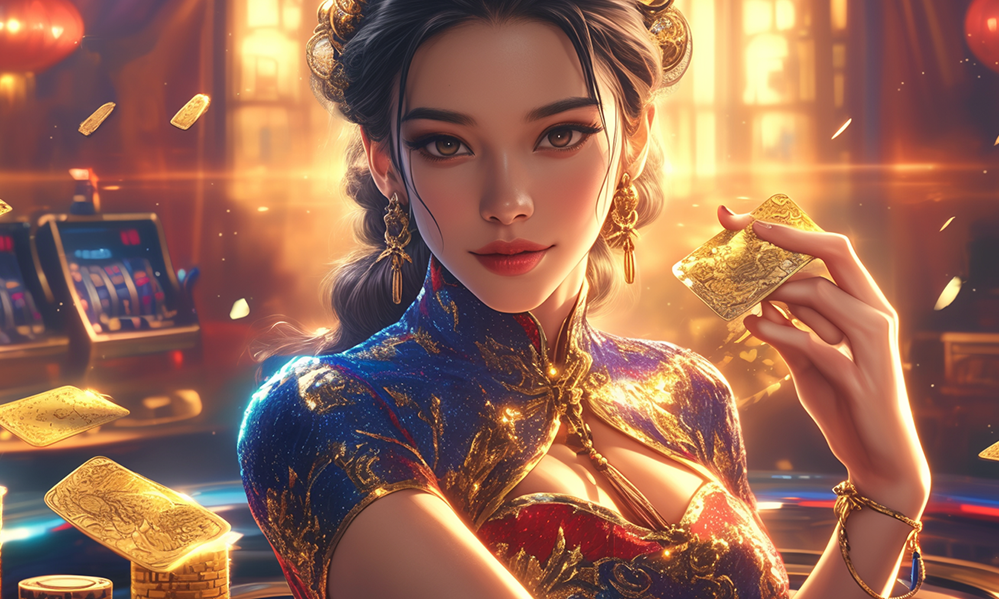
Derby Sabong: Meaning and Significance in Tagalog Culture
In the Philippines, "sabong" holds a prominent place in traditional entertainment and cultural heritage. The term refers to cockfighting, a centuries-old sport deeply embedded in Filipino history. Among various types of sabong, the "Derby Sabong" stands out as a highly competitive and prestigious event, drawing participants and spectators alike. To understand what Derby Sabong means in Tagalog, it is essential to explore its cultural roots, the mechanics of the sport, and its relevance in Filipino society.
What is Sabong?
Sabong, or cockfighting, is a blood sport involving two roosters bred and trained specifically for fighting. These roosters are equipped with sharp blades, known as "tari," tied to their legs. The fight takes place in an arena called a "cockpit," where two roosters battle each other until one is either incapacitated or dies. Sabong is often associated with gambling, with spectators placing bets on which rooster they believe will win.
The practice of cockfighting in the Philippines can be traced back to pre-colonial times. Historical records suggest that even before Spanish colonization, Filipino natives engaged in sabong as a form of recreation and socialization. Today, it remains a popular pastime, especially in rural areas, though it has faced legal restrictions and ethical concerns due to animal cruelty.
Derby Sabong Explained
The word "derby" in sabong refers to a tournament-style cockfighting event, where multiple matches are held over a specific period. Unlike regular cockfighting, which may involve individual or spontaneous matches, a derby is a formal competition with rules, entry fees, sexx ba bau and substantial cash prizes. Participants in a Derby Sabong are typically experienced breeders and trainers,Mega ace jili and the roosters that compete are of the highest quality, Royale777 often bred specifically for strength, agility, and stamina.
A Derby Sabong usually consists of several rounds, with roosters from different breeders facing off against one another. The ultimate goal is to emerge as the champion rooster, which brings prestige not only to the rooster's owner but also to its trainer and breeder. Winning a derby is considered a significant achievement in the sabong community, and it can enhance the reputation of the breeder and trainer, leading to greater demand for their roosters in future competitions.
Cultural Significance of Derby Sabong
đăng ký đăng nhập slot go88In the Philippines, sabong is more than just a sport; it is a cultural institution that brings together people from different walks of life. Derby Sabong, in particular, serves as a platform for social interaction, economic activity, and community bonding. For many Filipinos, attending a sabong event is not just about watching the roosters fight but also about engaging with fellow enthusiasts, sharing tips on rooster breeding, and participating in the excitement of the competition.
Derby events are often held during festivals or special occasions, such as town fiestas or holidays, adding to their festive atmosphere. They serve as a form of entertainment for locals, but they also attract tourists and sabong aficionados from other parts of the country. The large gatherings at these events create a sense of community and camaraderie, with participants and spectators alike sharing a common interest.
The financial aspect of Derby Sabong is also notable. Large sums of money are often at stake, both in terms of entry fees for participants and bets placed by spectators. The betting system in sabong is intricate, with different types of wagers that can be placed on the outcome of a match. For some, sabong is not just a hobby but a livelihood, with the potential for significant financial gains for those who consistently breed and train winning roosters.
Ethical Concerns and Legal Status
Despite its popularity, sabong, including Derby Sabong, has faced criticism, particularly from animal rights advocates who argue that the sport is inherently cruel to the animals involved. The use of sharp blades and the often fatal outcome of the fights raise ethical questions about the treatment of the roosters. Additionally, there are concerns about the gambling aspect of the sport, which can sometimes lead to financial problems for individuals who become addicted to betting.
In response to these concerns, the Philippine government has implemented regulations on sabong, including the licensing of cockpits and the imposition of taxes on winnings. Some regions have even banned the practice altogether. However, in many parts of the country, sabong remains a legal and thriving industry, with derby events continuing to draw large crowds.
Conclusion
Derby Sabong holds a unique place in Filipino culture, blending tradition, competition, and social interaction. For many, it represents not just a sport but a way of life, deeply rooted in the history and customs of the Philippines. While it continues to face ethical and legal challenges, its enduring popularity is a testament to its cultural significance. Understanding Derby Sabong in the context of Tagalog culture provides insight into a longstanding tradition that remains a vital part of the Filipino identity.
jili 22netwww.riosexsite.net








